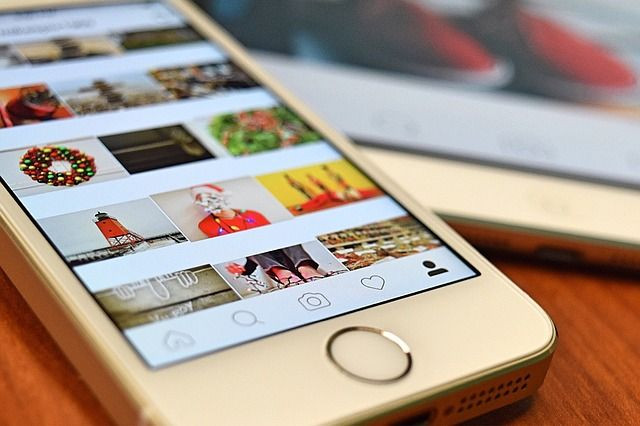Sleeping Problems: Why Children With Smartphones And Tablets Have Trouble At Bedtime

Keeping your smartphone nearby at bedtime is almost certainly bad for your sleep, concludes a new review published in JAMA Pediatrics.
Researchers analyzed twenty earlier studies on the connection between portable media devices and overall sleep quality. The studies collectively involved more than 120,000 children from the ages of 6 to 19. Children who had a portable device with them at bedtime, the researchers found, were more likely to report poor sleep, not enough sleep, and daytime sleepiness than those who didn’t. Even worse, these connections were apparent for children who merely had access to their devices, though less so than children who reported using them.
“Media device access and use at bedtime are significantly associated with detrimental sleep outcomes and lead to poor health outcomes,” the authors concluded.
After controlling for other factors, children who used devices at bedtime were more than twice as likely to not get enough sleep than those who did; 46 percent more likely to report a poor night’s sleep; and nearly three times likely to be sleepy during the day. Those who had access to a device were 79 percent more likely to report inadequate sleep; 53 percent more likely to report poor sleep; and had a more than two-fold greater risk of daytime sleepiness.
The study is the first systematic review of its kind, the authors said. But although the connection between bad sleep and portable devices is strong, there are still limitations to their conclusions, they added. In particular, not all the studies they looked at were randomized and controlled — these sorts of studies being the gold standard of scientific research. And while they excluded studies of TV-watching exposure, there’s still the chance that other forms of nighttime media may have accounted for some of the effect.
The findings come in light of recent guidelines issued by the American Academy of Pediatrics (AAP) on device screen time for toddlers. Turning away from earlier blanket condemnations, the AAP concluded preschool children can watch or play on their devices for up to a hour a day with little harm, provided that time is filled with “high quality programming.” The organization also acknowledged the role that portable devices can play in education and parent-child communication.
But while smartphones and tablets may not be the root of all evil, the researchers believe there needs to be a frank discussion regarding its effects on children’s developing health, especially when it comes to sleep.
“It is imperative that teachers, health care professionals, parents, and children are educated about the damaging influence of device use on sleep,” they wrote in the study.
Rather than shaming children into submission, though, there should be widescale interventions that can safely reduce its worst side effects. These might include “automatic time switches to restrict access to media devices near bedtime,” they recommended. Health care professionals dealing with sleepy children may also want to screen for bedtime device use as a potential cause, they added.
Source: Carter B, Rees P, Hale L, et al. Association Between Portable Screen-Based Media Device Access or Use and Sleep Outcomes A Systematic Review and Meta-analysis. JAMA Pediatrics. 2016.
Published by Medicaldaily.com



























